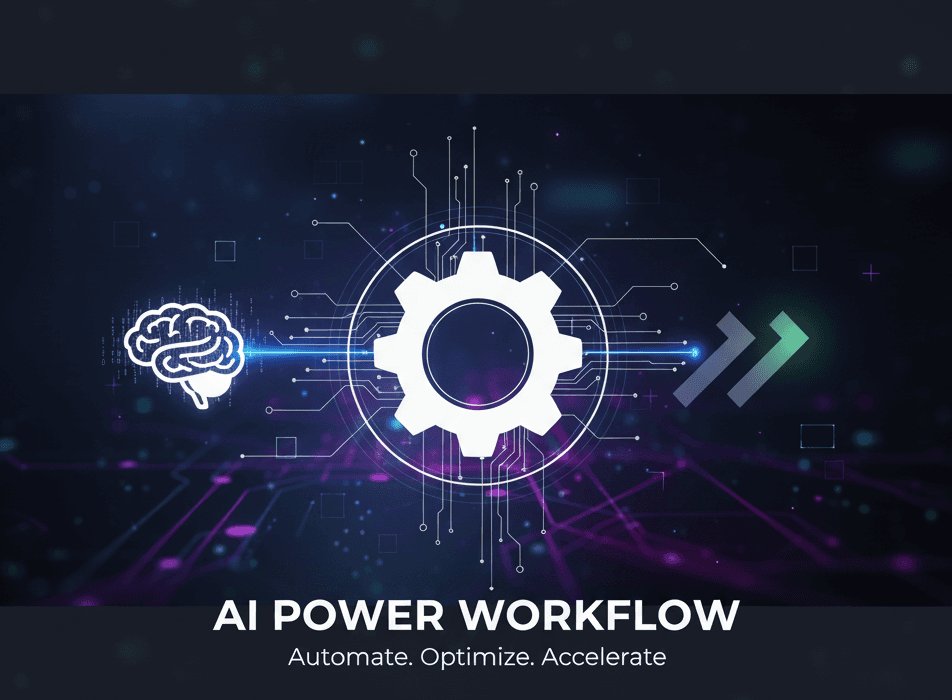
Cloud ERP
Cloud ERP offers scalability, real-time data access, lower upfront costs, and easier maintenance.

MES is a digital system that monitors, tracks, and controls complex manufacturing processes. By linking production, planning, and control functions, MES acts as a bridge between the factory floor and enterprise resource planning (ERP) systems, ensuring that production is aligned with business goals. MES provides real-time visibility into production activities, helping manufacturers optimize processes, improve quality, and meet compliance requirements.
When implementing or working with MES, we start by aligning its capabilities with our production goals. This includes:
Exploring Breakthroughs in Cloud ERP, PMS, Food Safety, IOT

Cloud ERP offers scalability, real-time data access, lower upfront costs, and easier maintenance.

Automate tasks, optimize processes, and gain insights with intelligent workflows driven by AI.

Enhance customer support and engagement with smart, responsive AI-powered chatbots available 24/7.

A Performance Management System (PMS) is a comprehensive framework that organizations

Food Safety involves a series of handling, preparation, and storage protocols designed to prevent....

Offers real-time document sharing, video conferencing, task tracking, and integrated messaging to .....

(MES) is a software solution that monitors, controls, and optimizes production processes on the factory